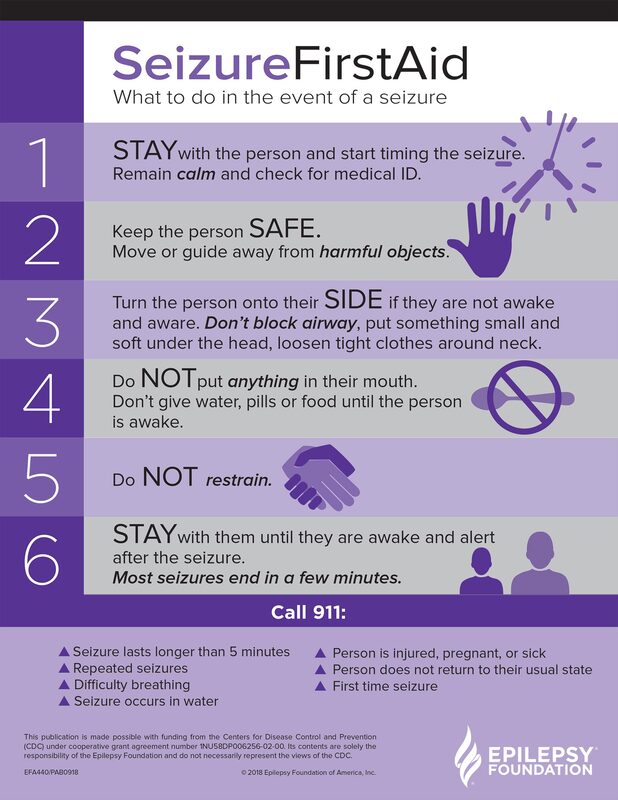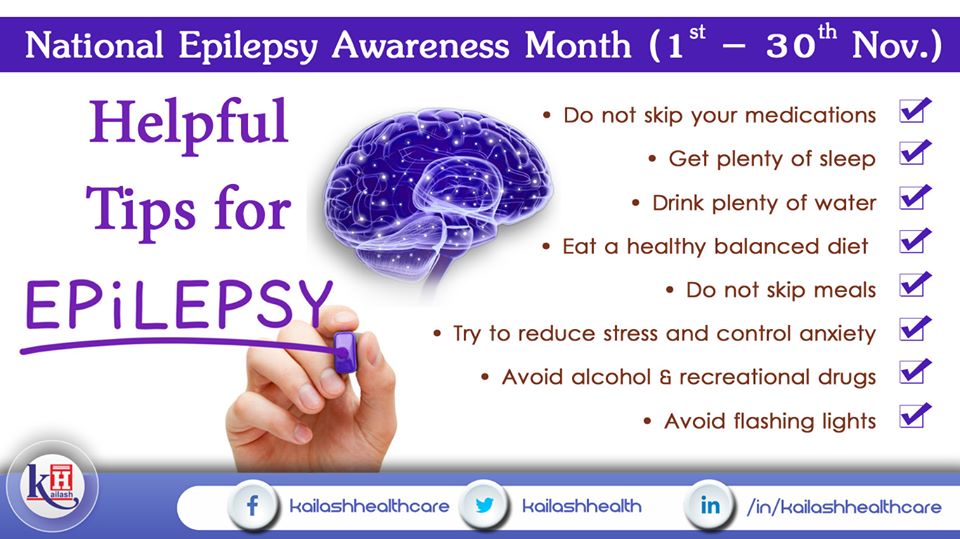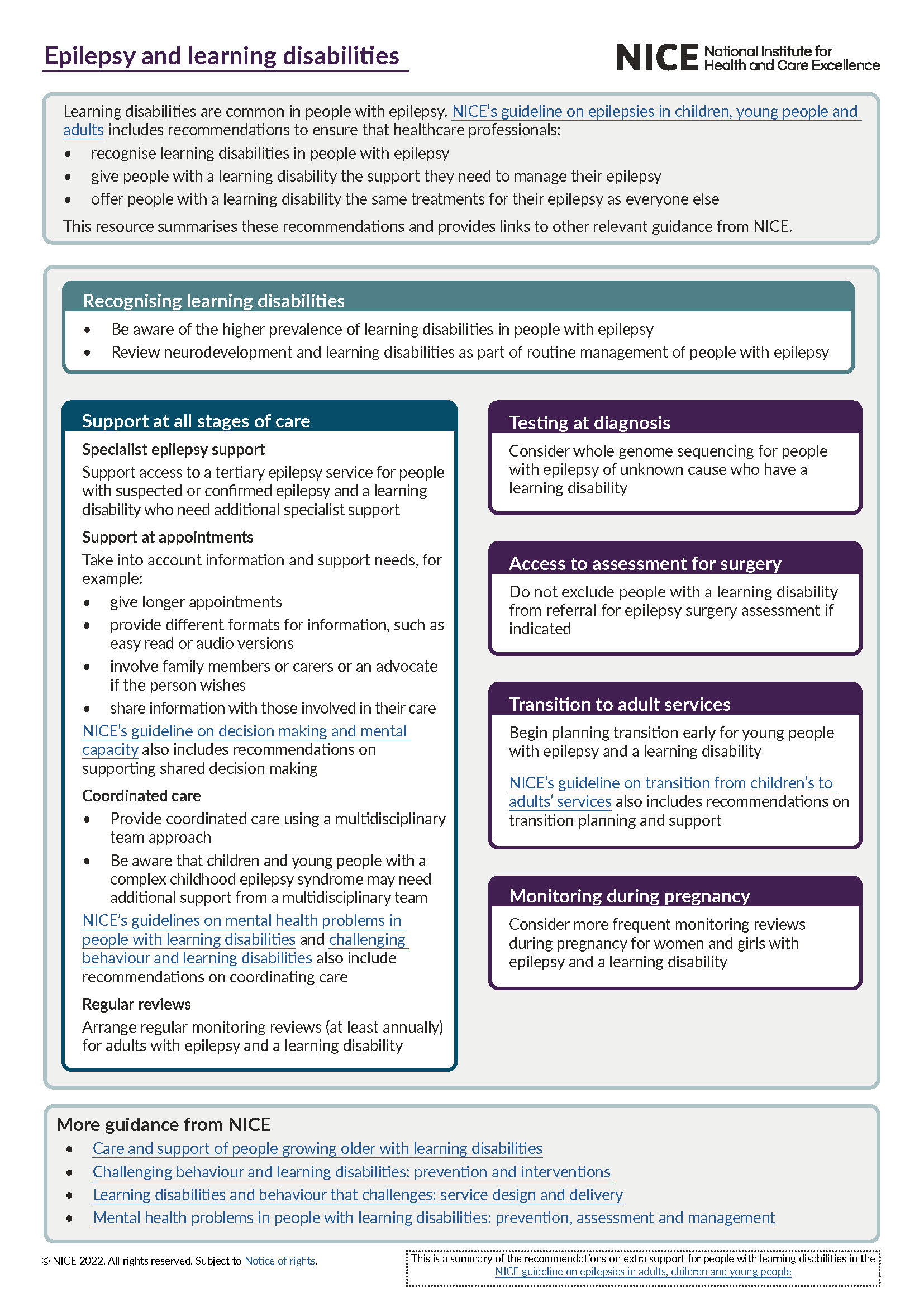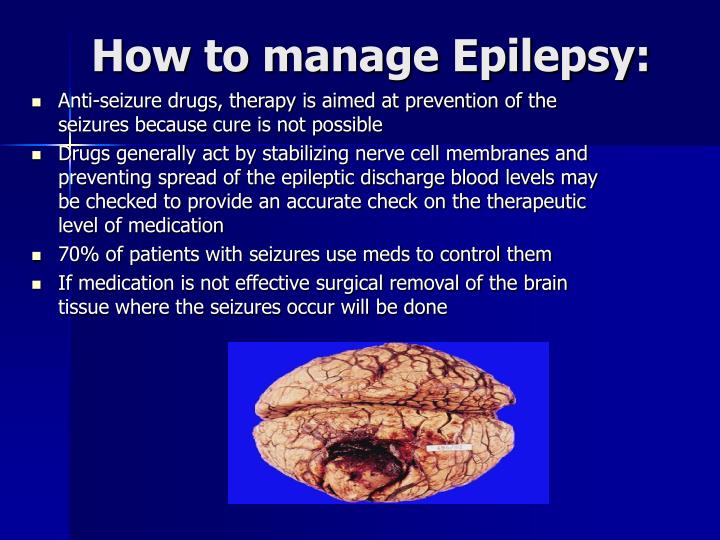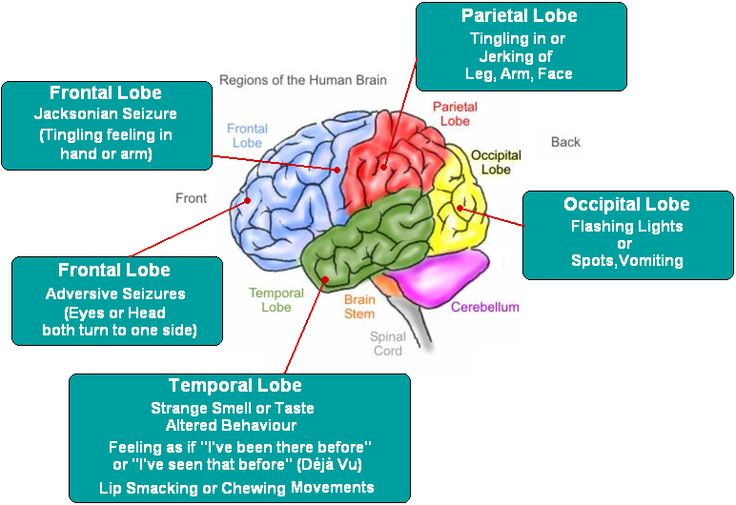Favorite Info About How To Manage Epilepsy

She’s the mother of two preteen boys, so getting a solid.
How to manage epilepsy. It includes information about your epilepsy and seizures, and other issues that may be important to you, such as education, work, driving, and starting a family. That means seizures are common, and one day you might need to help someone during or after a seizure. But there are some general points that can help.
It’s important to take it on time and at the dose prescribed so the doctor can tell if it’s helping. But epilepsy can usually be managed well through medication and other treatments. Lack of seizures is an indication that your medication is working.
Management strategies of medication resistant epilepsy fall into three main groups: Learning how to reduce your risk for a seizure through lifestyle changes and learning your triggers can also help you to better manage your epilepsy. Some people need treatment for life.
Living with epilepsy is challenging. Epilepsy can get in the way of life, mostly when seizures keep happening. It offers best practice advice on managing epilepsy to improve health outcomes so that people with epilepsy can fully participate in daily life.
And a comprehensive level 4 epilepsy center can help find you the best way to manage your care. The quality of care and communication with your healthcare team. A special diet (ketogenic diet) that can help control seizures.
This surgery cuts the network of connections between the neurons of the right and left halves of the brain. Medical treatment for epilepsy usually involves taking daily, scheduled aeds. Effective treatments help many people manage epilepsy and live full lives.
This is used to treat seizures that start in one half of the brain and travel to the other half. Then tell him or her you’d like time to talk about them. Your confidence in managing your seizures.
Learn what you can do to keep that person safe until the seizure stops by itself. How can i be the best partner to my epilepsy team? This includes factors such as:
However, even after surgery, seizures may still occur on the side of the brain where they started. Managing prolonged or cluster seizures. Prescribing medicine is usually the first thing doctors do to stop seizures.
A man with epilepsy has said he has been left feeling anxious after struggling to get hold of the medication he needs for his condition. The guideline covers diagnosing, treating and managing epilepsy and seizures in children, young people and adults in primary and secondary care. Peter clunie, 69, from earley, berkshire, recently tried.




